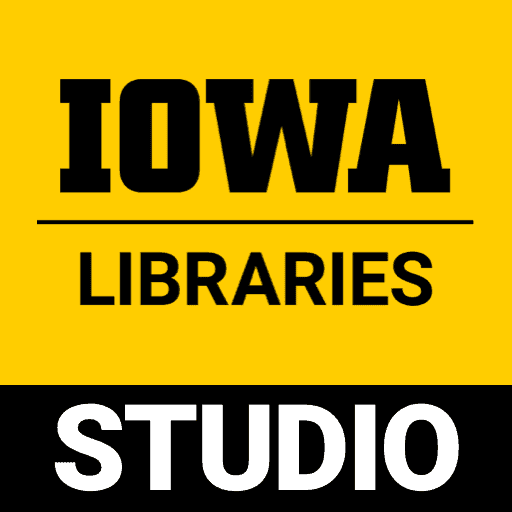By Miranda Donnellan
Archives are not infallible.
As a librarian, this is a fact of life. But as a digital humanist, I am empowered to solve this problem.
For my Public Digital Humanities Certificate capstone, under the guidance of Cornell College’s Professor Kirilka Stavreva, I created a digital archive highlighting the works of Jewel Bothwell Tull and a website designed to showcase relevant faculty and student research. Had time allowed, I had several other smaller projects in mind, all aimed at creating a comprehensive literary history of Cornell College.
As with any project, there were challenges I expected to face.
I was working with metadata created by multiple people with varying experience levels, so cohesive formatting across artifacts would likely not exist. I had budget constraints, so I was building my archive on Presevica Starter, a purposely limited version of a great but expensive archiving program with a significant learning curve. And sometimes, I just had days where my archive would crash, nothing would upload, and even the idea of having metadata was a faint, hopeful memory. I knew I would face challenges like these and that they would take time to overcome, but I was confident in my ability to move forward.
However, I also encountered challenges I never expected, like when our IT department decided that the Cornell Archives website was a security risk and revoked access to all our digitized artifacts without warning. Thankfully, the artifacts I was working with had also been saved locally so I could continue with my project. However, it caused a significant time-sink as I now had to physically go to our archives and manually verify any information I had questions about.
That isn’t to say there weren’t high points, though. I will leave this course with a much better understanding of archival processes and practical experience working with file types and programs I’ve never encountered before. I have learned how to work with the strangest of curveballs, how to ask for help when it is needed, and how to plan for a project that extends beyond a classroom and beyond a grade. Although the project is not finished and probably won’t be for a while, I have helped create the foundation for a tool that will help Cornell students for years to come.
So, no, archives are not infallible, not even digital ones, but by creating new tools and resources, we might just keep them around a little bit longer.
